Features of tourism in Djibouti: a guide on the main issues for travellers
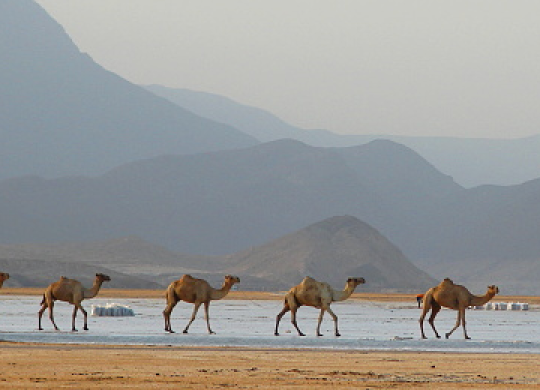
If there was a medal for Africa's least known country, Djibouti would probably win it. Often overshadowed by its big neighbour Ethiopia, little-visited Djibouti makes up for its tiny size with plenty of spectacle. Turquoise salt lakes, steaming limestone chimneys, hot springs and flocks of bright pink flamingos against extinct volcanoes create an amazing atmosphere, while Djibouti's coastline is home to pristine beaches and waters where whale sharks swim.
Visa Requirements
Almost all countries require a visa, regardless of the reason or method of entry. Singapore citizens traveling with a regular passport and Chinese citizens with a special "public relations" passport are not required to obtain a visa in advance. You can apply for a tourist visa online.
Tourist visa
EVisa is a popular type of visa that will allow you to enter Djibouti for tourism, family visits or transit through the country. Online visa can be short term (1-14 days) and long term (15-90 days). A tourist visa also applies for transit, whether or not you plan to leave the airport.
Documentation required for Djibouti tourist visa application includes:
- Passport valid for at least six months from the date of entry into Djibouti.
- A valid flight, cruise or train ticket for departure from Djibouti.
- The address of the place where you intend to stay in Djibouti, which may be the residence of a relative.
- In some cases, you will also need an invitation letter if you have been invited by an organization or friend.
- Recent personal photo in colour.
How to get there
You can enter Djibouti in various ways, in particular:
By air
Djibouti-Ambouli International Airport flies from Dubai, UAE, Ethiopia, Eritrea, Somalia, Tanzania, Egypt, Madagascar, Saudi Arabia, Oman and Yemen.
Air France flies from Paris and Daallo Airlines based in Djibouti, Ethiopia, Kenya, Saudi Arabia and Somalia. The airport is located 5 km south of the city.
Land
You can get to Djibouti by road from Eritrea, Ethiopia and Somalia. Travelers who choose to enter the country by road should be aware that conditions are poor and their safety may be at risk, especially when entering the country through Ethiopia. It is advisable to constantly check your travel itinerary, the current situation in countries and transit rules, as the political conditions in Ethiopia and Eritrea change. The most recommended land crossing to Djibouti is from Eritrea, and there are no official border posts. There is only one new highway from Djibouti to Tadjoura. It is recommended to be well supplied with water and gasoline, especially if you are coming from main roads.
By sea
Ferry services connect Djibouti and Yemen. The bustling city of Djibouti is one of East Africa's main ports, so it can get very hectic.
Rail connection
A new standard rail line connects Addis Ababa and Daire Dawa with Djibouti; passenger transportation was opened in January 2017. The e-Visa for Djibouti is not recognized by Ethiopian immigration staff at Furi Lebu railway station in Addis Ababa, Ethiopia as a true travel document. Only the visa issued by the Djiboutian embassy is considered valid due to the lack of computers at the border crossing.
Health care and vaccination
The only mandatory vaccine for entry is yellow fever (if traveling from an endemic country). Vaccination from Europe is not required. Doctors and hospitals provide any medical assistance only with immediate cash payment.
Before traveling abroad, it is advisable to take out travel health insurance.
Money and currency exchange
The official currency of Djibouti is the Djibouti Franc (DJF). One dollar equals approximately 178 Djiboutian francs. There are ATMs throughout the city, so there is no need to change money. You can also exchange money at banks or street exchangers, but pay attention to the exchange rate. In many places you can pay in $, but the rest will be refunded in your local currency, which can work in your favour. It is also possible to pay by credit card at most major hotels or restaurants.
Where to go, what to see
- Djibouti City is a lively, multi-ethnic capital with a mix of African, Asian, Arab and European influences. Diversity is expressed in languages, food and architecture. Exploring on foot is the best way to appreciate the markets and the cosmopolitan atmosphere.
- Grand Bara is an amazing plain of dried white clay that was once an ancient lake. Runners gather here every December for the annual Grand Bara marathon organized by the French military.
- Lac Abbe is hot springs and stone chimneys up to 50 m high, which pump out steam and sulphur. A slightly apocalyptic picture that is softened by flamingos. Ideally, stay overnight at Afar Camp to see amazing views lit up at sunset and sunrise.
Recommended articles
3 min
Travels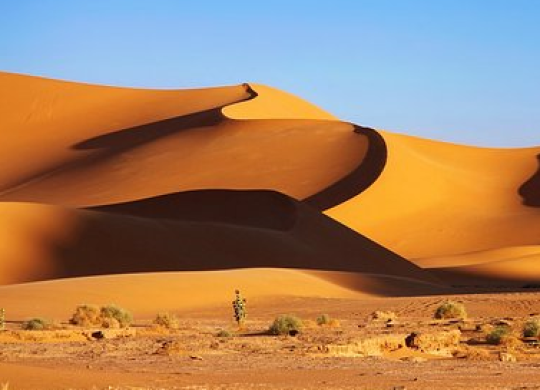
2 min
Travels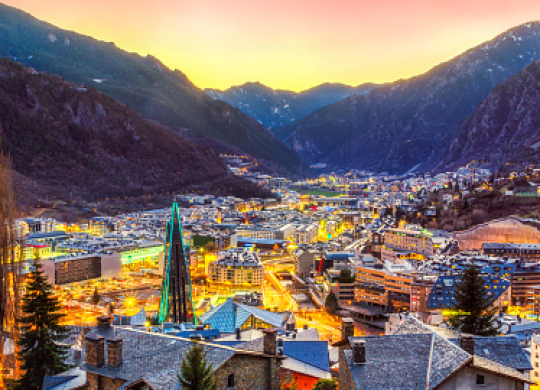
Travel to Andorra: Entry Rules, Visa, Documents, Transport, Safety & Tips
Tucked between France and Spain in the Pyrenees Mountains, Andorra is a hidden European gem, known for its ski resorts, duty-free shopping and stunning natural scenery. Although Andorra is not part of the EU or Schengen area, it has its own travel rules and logistical details that every traveler should be aware of. Learn how to plan the perfect trip to Andorra
15 kwi. 2025
More details2 min
Travels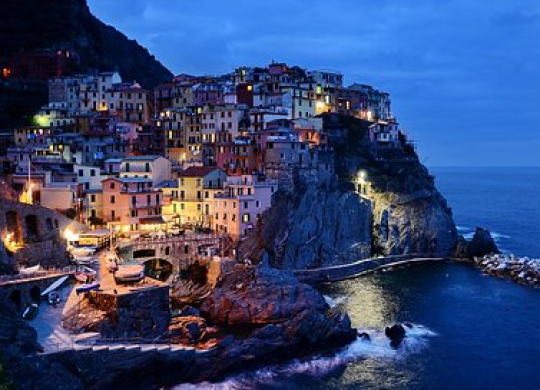
Top 20 colorful places in Italy that travelers should definitely visit in 2025
Discover 20 of Italy's most colorful destinations - from Cinque Terre and Amalfi to Sicily and Sardinia. Unique cities, beaches, gastronomy, culture and unforgettable landscapes - ideas for traveling to Italy in 2025
15 cze. 2025
More details4 min
Travels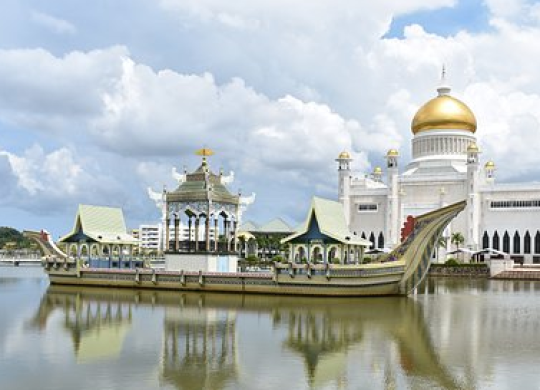
All materials and articles are owned by VisitWorld.Today and are protected by international intellectual property regulations. When using materials, approval from VisitWorld.Today is required.